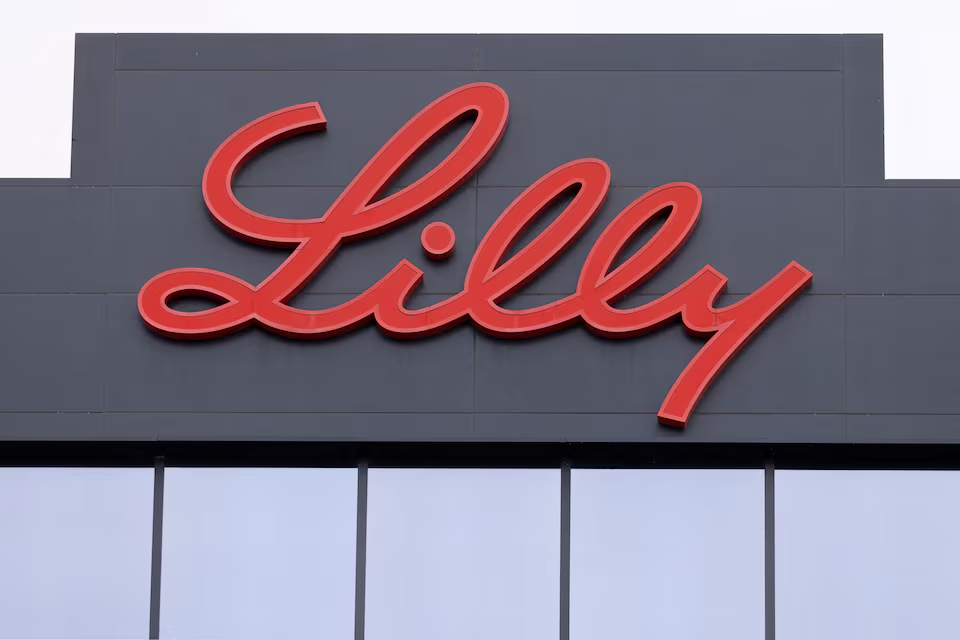In a significant development in the fight against Alzheimer’s disease, the European Medicines Agency (EMA) has now recommended approval of Kisunla for Alzheimer’s disease, marking a reversal from its earlier stance just four months ago. Developed by Eli Lilly, Kisunla represents a beacon of hope for millions affected by this debilitating neurological disorder, particularly in its early stages. The recommendation by EMA indicates a shift in perspective after initially raising safety concerns, especially the risk of brain swelling. This decision could signal the start of broader accessibility across Europe for this much-anticipated treatment.
A Reconsidered Recommendation
In March 2025, EMA expressed hesitation regarding Kisunla’s approval, citing insufficient evidence that it meaningfully slowed cognitive decline when weighed against potential side effects such as serious brain swelling. However, after further review and data evaluation, the agency has now recommended it for patients in the early stages of Alzheimer’s. The European Commission is expected to finalize the regulatory decision in the coming months.
This development follows years of rigorous trials and decades of unsuccessful attempts to create effective treatments for Alzheimer’s disease. With Kisunla now potentially on track for approval in the EU, it joins the likes of Leqembi—developed by Eisai and Biogen—in targeting the root biological cause of the disease rather than just managing symptoms.
Alzheimer’s Disease in Europe: A Growing Challenge
According to Eli Lilly, Alzheimer’s currently affects approximately 6.9 million people in Europe—a number projected to almost double by 2050 due to an aging population. This statistic highlights the pressing need for innovative treatments like Kisunla for Alzheimer’s disease that can intervene early and help slow the progression of the illness.
Unlike older drugs that mostly target symptoms, Kisunla is designed to address amyloid beta plaques in the brain—a hallmark of Alzheimer’s. These sticky clumps of protein are believed to play a significant role in the development of the disease.
Genetic Considerations and Patient Safety
The EMA’s latest recommendation is specific to patients with one or no copies of the ApoE4 gene, a common genetic variant linked to Alzheimer’s disease. This group is less likely to experience serious side effects like brain swelling and bleeding, making them more suitable candidates for treatment with Kisunla.
In the United States, Kisunla and Leqembi are approved for use in patients with two copies of the ApoE4 gene. However, adoption has been slow due to concerns over safety, cost, and healthcare infrastructure. The European approach appears more cautious, focusing first on those less genetically susceptible to severe side effects.
The Role of Regulatory Scrutiny
The path to approval for Kisunla for Alzheimer’s disease has not been easy. Health regulators have understandably exercised caution, given the significant risks associated with amyloid-targeting therapies. Serious side effects like cerebral edema (brain swelling) and hemorrhages have prompted extensive safety reviews.
This rigorous approach is part of a broader trend in drug regulation—ensuring that benefits truly outweigh the risks before medications are made widely available. Still, the EMA’s updated recommendation reflects a growing confidence in Kisunla’s safety profile for a subset of Alzheimer’s patients.
Global Impact and Market Response
Kisunla is already approved in more than 13 countries, and EMA’s support could pave the way for broader adoption in Europe. If approved by the European Commission, Kisunla would become the second Alzheimer’s drug in the region to target the underlying cause of the disease, following Leqembi.
This potential expansion has also had a positive impact on Eli Lilly’s stock. Shares of the Indianapolis-based pharmaceutical giant rose 1.2% following the announcement—an indication of market optimism.
Cost and Access: Key Considerations Ahead
One of the critical hurdles for the widespread adoption of Kisunla for Alzheimer’s disease is its cost. In the U.S., Leqembi has faced criticism over its pricing, and similar concerns are likely to arise in Europe. Many European countries operate under cost-sensitive public healthcare systems, and high prices could slow the rollout despite regulatory approval.
Experts argue that for Kisunla to achieve meaningful impact, it must be accessible to those who need it most—especially given the projected rise in Alzheimer’s cases over the next few decades.
The EMA’s reversal on Kisunla for Alzheimer’s disease represents a major milestone in the ongoing quest for effective treatments. While challenges remain—especially around pricing, accessibility, and long-term safety—this decision reignites hope for patients and caregivers across Europe.
As we await the final decision from the European Commission, one thing is clear: Kisunla is helping to reshape the landscape of Alzheimer’s treatment, offering a glimmer of hope in what has long been a dark and difficult battle.



